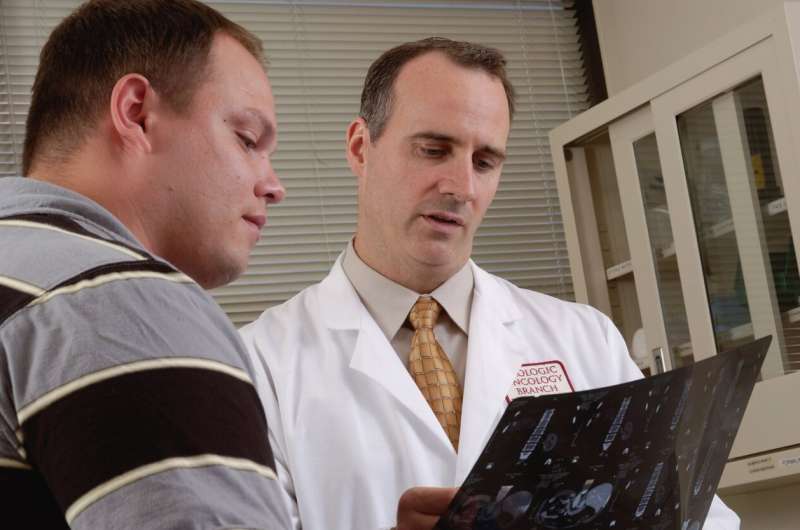Credit: Unsplash/CC0 Public Domain
Researchers from Mathematica and Weill Cornell Medicine conducted a study to examine communication between primary care physicians and specialist physicians about their common patients, using data collected as part of the evaluation of the Comprehensive Primary Care Plus (CPC+) model. The researchers received survey responses from 4,754 physicians in CPC+ and comparison practices. They then measured the extent to which PCPs reported sending clinical information to specialist physicians at the time of referral and reported receiving information from specialists after consultation.
The researchers found that despite the penetration of electronic health records, the substantial growth in the number and sizes of vertically integrated health systems, and the proliferation of large-scale primary care redesign efforts (such as CPC+), gaps in communication between PCPs and specialist physicians have persisted over the last decade. Twenty-two percent of PCPs in CPC+ and comparison practices in both study tracks reported that they "sometimes" or "seldom or never" sent clinical information to the specialist at the time of referral. Similarly, less than 35% of PCPs in CPC+ and comparison sites reported that they either "sometimes" or "seldom or never" received information back from a specialist after a consultation.
The findings suggest that, despite the availability of communication technologies and recommendations to improve care coordination, physicians do not always intentionally engage in communication for referrals and consultations. The authors argue that this persistent communication gap can impact patients negatively, increasing the likelihood of delayed diagnoses, unnecessary testing, and patient and physician dissatisfaction.
The research was published in The Annals of Family Medicine.
More information: Lori Timmins et al, Communication Gaps Persist Between Primary Care and Specialist Physicians, The Annals of Family Medicine (2022). DOI: 10.1370/afm.2781
Journal information: Annals of Family Medicine
Provided by American Academy of Family Physicians
























